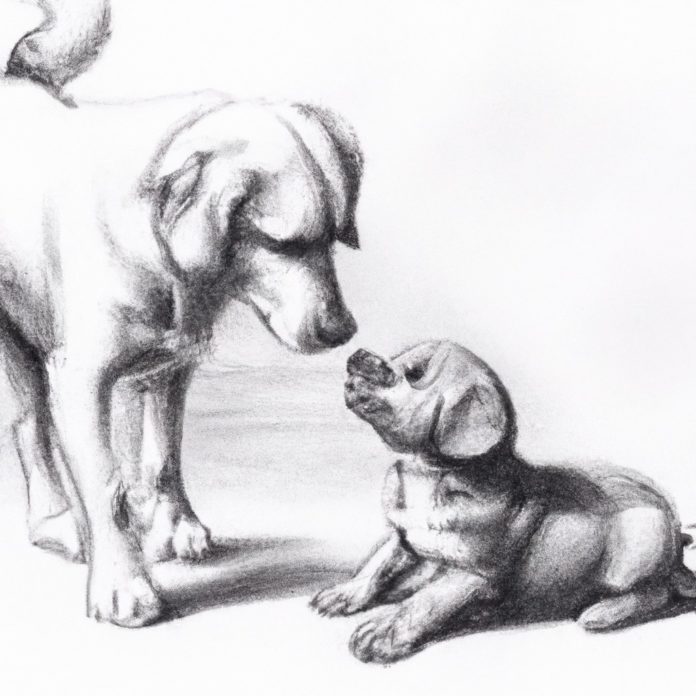Dear VetBabble: Why is My Neutered Dog Marking After Bringing Home a New Puppy?
Welcome to VetBabble, where we provide friendly, informative advice for pet owners! Today, we are addressing a concern from a pet owner who has noticed their neutered, two-year-old French Bulldog starting to mark around the house after bringing home a five-month-old female Pomeranian. The French Bulldog was neutered at six months of age. Are these behavioral changes normal, or is there an underlying problem? Let’s dive in and explore this issue further.
Understanding Marking Behavior in Neutered Dogs
Although neutering is known to curb a dog’s urge to mark their territory, it’s not uncommon for neutered dogs to display this behavior in certain situations. The presence of a new puppy in your home is a significant change for your French Bulldog, and he might be marking to establish boundaries and assert dominance over the new addition. It is essential to address this issue early on to prevent the behavior from becoming a habit.
Before discussing how to address this problem, it’s worth noting that new puppies can be quite overwhelming for older pets. If you haven’t already, we’d recommend taking a look at our article on “First Night Home with a New Puppy. What to Expect” to provide some guidance on how to help your pets acclimate to one another.
Addressing Your Older Dog’s Behaviour
As you correctly identified, marking in this context is likely related to your dog’s behavior rather than due to any physical issues. Here are a few strategies to mitigate marking behavior and foster a more harmonious relationship between your French Bulldog and your new Pomeranian puppy.
- Offer plenty of positive reinforcement: Praise and reward your older dog when he behaves appropriately around the new puppy, especially if he avoids marking near the younger pet. As a result, he’ll learn to associate good behavior with positive experiences.
- Establish clear boundaries: Make sure each dog has its own designated space, complete with separate food dishes, water bowls, and sleeping areas to prevent territorial disputes. Try placing a baby gate or playpen around the puppy’s area, ensuring the older dog can still observe her from a safe distance!
- Monitor their interactions: Keep a close eye on your pets while they’re together, especially during the first few weeks of adjustment. Intervene if you notice any signs of conflict or marking behavior from your older dog.
- Consider attending obedience classes: Taking your French Bulldog to obedience classes can help teach him impulse control and facilitate a smoother integration of the new puppy into your home. Similarly, puppy socialization classes for your Pomeranian can help her learn to interact positively with older dogs.
For more information and helpful tips on dog behavior, check out our article on “Puppy Socialization and its Effect on Behavior.”
When to Seek Professional Help
If you’ve tried implementing these strategies but are still dealing with marking behavior from your French Bulldog, it may be time to consult with a professional. Additional factors, such as stress or an underlying health issue, could be contributing to the problem.
In this case, schedule an appointment with your veterinarian to rule out any medical issues. If your dog receives a clean bill of health, a certified professional dog trainer or veterinary behaviorist can provide tailored recommendations to address the marking behavior effectively.
In conclusion, while marking behavior in neutered dogs is not unusual, it’s critical to manage this issue from the outset to create a harmonious home environment for both pets. By offering positive reinforcement, setting clear boundaries, and seeking professional guidance when needed, you’ll be well on your way to fostering a fantastic friendship between your two furry companions!
For more advice on a wide range of pet-related topics, feel free to explore other articles on VetBabble, such as “Desexing Your Dog”!









